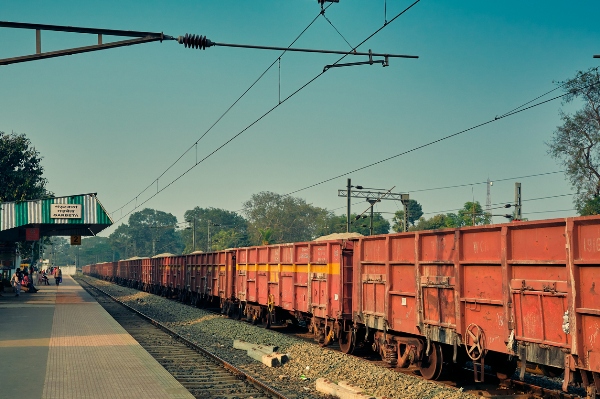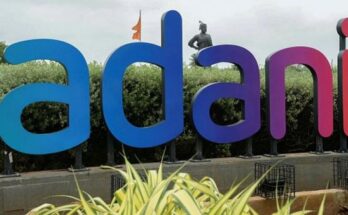
Team News Riveting
The Ministry of Railways today rolled out a new iron ore policy governing allocation of rakes and transportation of iron ore.
The Policy aims to attune it to the present day needs of customers and to meet the complete requirement of transportation of iron ore customers. It will provide total logistics support to the steel industry to meet the competitive challenges.
The new policy has been named as Iron-ore Policy 2021 and will come into effect from February 10, 2021.
Railways Ministry said Iron-ore was the second most important stream of traffic of Railways and along with steel accounts for nearly 17 per cent of total 1210 million tonne freight loading in 2019-20. The new policy is expected to have a positive impact on the steel industry, provide powerful impetus to the core sector of the economy and boost the country’s economic growth.
“Scrutiny of documentation by Railways has been removed. Executive Director Rake Movement of Railway Board (EDRM) office, Kolkata which has been sanctioning programmes for movement of iron-ore traffic will have no regulatory role in the new policy. The office will be undertaking an analysis of various iron-ore traffic for further improvement of Railway freight loading,” a Rail Ministry statement said.
“Customers now desirous of moving their traffic under any priority will have to give (an) undertaking that they have procured, transported and utilized materials as per rules and regulations of Central and State Governments. For lapses, customers will be liable to be taken up as per the law of land and railway will stand indemnified for any such lapses committed by customers,” the statement said.
According to the Rail Ministry, this has been done to facilitate the ease of doing business.
As per the new policy, higher priority will be given to the movement of iron-ore traffic for domestic manufacturing activity. Within the domestic movement of iron-ore traffic, priority preference will be given to steel, pig iron, sponge iron, pellet, or sinter plant owning customers having their own private sidings at both the loading as well as unloading ends. They will be followed by customers with private siding at either loading or unloading end. Customers without any private siding of their own relying totally on public good sheds, sidings will come next in the priority list.
The categorization of priority of movement of iron ore has now been based on the availability of railway infrastructure developed by the customer, for loading or unloading, and the nature of movement between various types of sidings with a view to maximize iron-ore movement by rail.
Under the fresh policy, old and new plants will be treated similarly as far as allotment and loading of rakes is concerned. The priority preferences for the customers will be self-generated by the system based on the customer profile fed in the system by the concerning zone.
“Customers are free to choose the priorities or combination of priorities for moving their traffic as per eligibility and necessity. No permission is required to be obtained for choosing priorities or combination of priorities,” the statement said.



